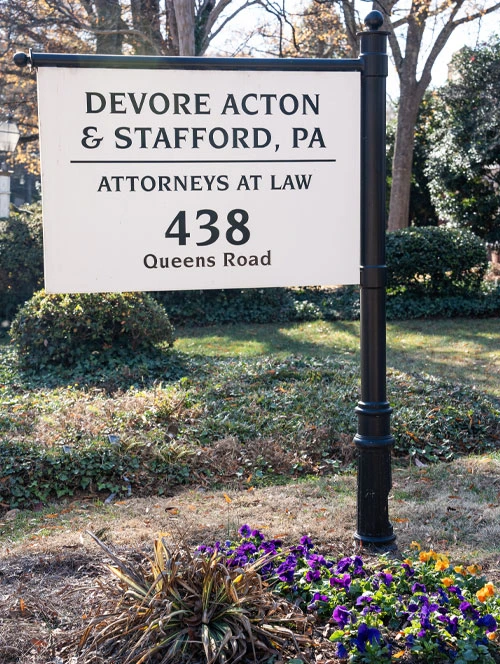Car accidents skyrocket after daylight savings time

Springing forward may lead to more than longer days and warmer temperatures. There is a high likelihood that drivers may experience more accidents on the roads after daylight savings time.
According to Healthline, research suggests that fatal car crashes increase over 6% the week following daylight savings time. The study found that the biannual time switch affects everyone’s ability to sleep, work and drive.
A lack of sleep leads to lacking drivers
The researchers analyzed over 700,000 car accidents recorded through the U.S. Fatality Analysis Reporting System. They found a consistent rise in fatal car crashes during the week of daylight savings time.
The authors of the study suggested it was due to the significant change in sleep that most people experience after daylight savings time. It causes a “mini-jetlag” where it takes days for most people to return to their typical sleep routine.
The “mini jetlag” means most drivers are drowsy drivers after the time shift, which causes significant hazards for everyone on the roads. Even the National Highway Traffic Safety Administration estimates that over 90,000 police-reported crashes involved drowsy drivers during 2017.
Luckily, the research suggested a few ways to avoid drowsy driving after springing forward, including:
- Avoid caffeine in the afternoon and evening
- Take naps whenever possible to help ease into a new sleep schedule
- Do not eat right before bed
- Minimize time in front of screens before bed, including cellphones and TV
If you still feel too sleepy to drive in the morning, try to adjust a week in advance to prepare your body for the next daylight savings time. It may help you sleep better and drive better.

request your consultation
"*" indicates required fields



